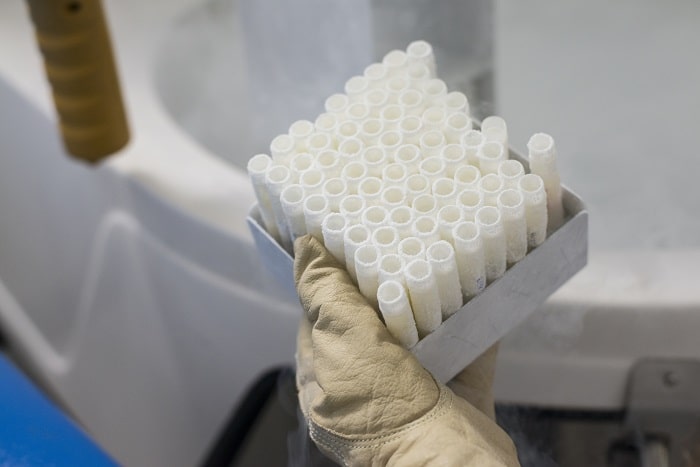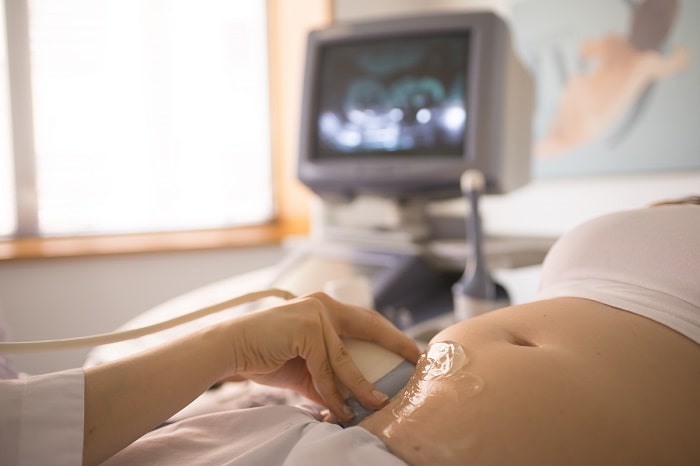

Around 30% of cases of infertility are caused by the male. Semen donation allows these couples, or women who consider motherhood alone, to make their dream of starting a family come true. IVI has the largest semen bank in the world.


Sperm donation is a voluntary, altruistic act of solidarity through which a healthy male with very high quality semen donates some of this so that a couple with infertility problems can fulfil their dream.
Female patients can make use of sperm donation in the following situations:
RESULTS
90% of patients who undergo an assisted reproduction treatment at IVI become pregnant.
CARE
97% of our patients recommend IVI.
IVI provides personalised care and support during all stages of treatment.
TECHNOLOGY
IVI is a pioneer in the latest assisted reproduction technology in order to present the best results.
PRICE-QUALITY
We are not the most expensive choice. We offer the most treatment options in order to achieve the best results.


At IVI, thanks to the selfless and anonymous help of donors, many women who do not have a male partner, or patients whose partner’s semen presents some kind of defect that cannot be resolved, are given the chance of fulfilling their dream of becoming parents.

These semen samples are quarantined to control the risk of passing on sexually transmitted diseases. In addition, the donors undergo a series of genetic tests and their medical history along with that of their family is studied, in order to prevent the risk of genetic diseases being passed on to their descendants.

The semen samples are stored in a frozen state in semen banks and are kept in quarantine for a period of 6 months to control the risk of any diseases being passed on. After this time the tests are repeated in order to ensure that the donor is not in the early stages of an infection.
The selection of semen donors is controlled by law and includes men over the age of 18 who have a good state of physical and mental health, who test negative for infectious diseases and who have a normal karyotype. The selection procedure also includes genetic tests and a medical history of donors and their families, in order to prevent the risk of genetic diseases being passed on to their descendants.
Finally, in the IVI clinics, once it has been checked that there are no infections and that the semen has tolerated the freezing process sufficiently and maintained its quality, the samples are made available for use in fertility treatments, whether for intrauterine insemination, an IVF cycle or ovodonation.